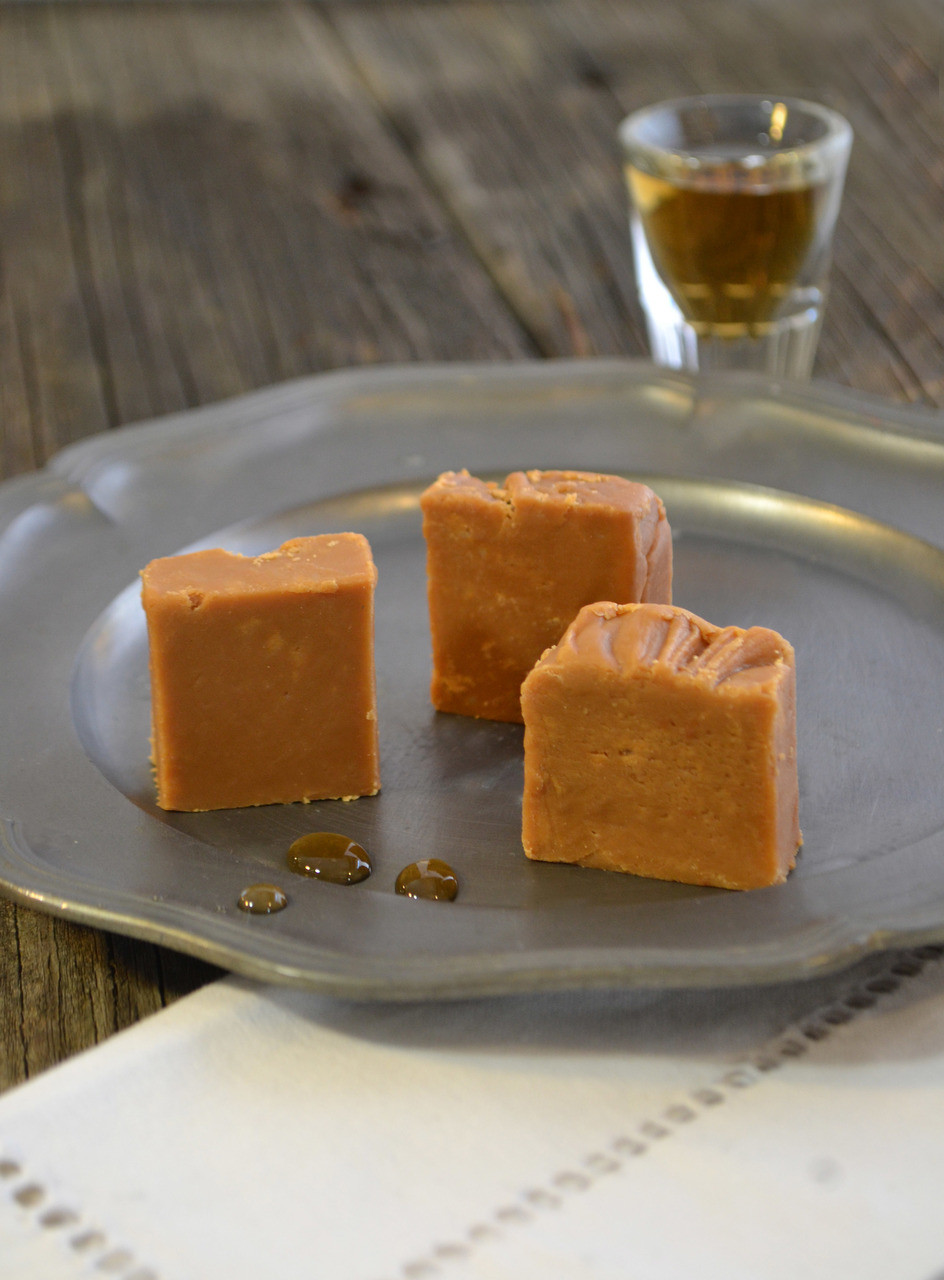

Plus who doesn’t enjoy spending time sipping on a classic craft cocktail? From outdoor barbeques to laid-back gatherings at home, serving up the perfect mixed drinks puts everyone in the party mood!Ĭrafting cocktails with Cabin Fever Whiskey has many advantages including all-natural ingredients that provide great health benefits while lending complex flavors into every sip you take. The rich notes derived from finely aged barrels lend complexity to each sip you take from sweet hints of caramel in Manhattans to fiery undertones in Old Fashioneds, Cabin Fever’s diverse flavor allows for creative expression as well as reliable consistency each time you mix it up. In addition to great health benefits, using Cabin Fever Whiskey when crafting cocktails noticeably enhances the overall taste experience. Furthermore, this unique distillation process produces minerals like potassium and magnesium which are important electrolytes in your body.


This provides you not only with a more natural flavor but also with many health benefits such as reduced risk of cancer and improved digestion.

Unlike some commercial whiskey products on the market, Cabin Fever uses only natural corn for its grain mash and never adds artificial flavourings or preservatives. One of the major advantages of using Cabin Fever Whiskey is its all-natural ingredients that contribute an excellent flavor profile to any drink. However, with Cabin Fever Whiskey and a few simple ingredients, crafting the perfect cocktail can be a fun and rewarding experience. P.Introduction to Crafting the Perfect Cocktail with Cabin Fever Whiskey: What are the Benefits?Ĭocktails, long viewed as the pinnacle of mixology and sophistication, can seem daunting to amateur enthusiasts. You will learn what must happen to be legally labeled as “Canadian Whisky,” Delve into some of the character in the history of Canadian Whisky including Hiram Walker, J. You’ll sample Bushmill’s Black and Mitchell & Son’s Green Spot. You will learn about history, styles and make-up Irish Whiskey including the recent explosion of Irish Distillery start-ups. You will indulge in two different Single Malt Scotches in Glen Morangie and The Glenlivet a Blended Scotch in Johnnie Walker Red and a powerfull peated Scotch in Laphroaig see why these are drastically different. You will discover that Scotches from the six different Regions of Scotland taste very different and why that is. We will begin in Scotland where you are taught about the history of Scotch, the Invention of the Continuous Still and the events that later help shape what Scotch is today. In this class you will learn about the definition and composition of each country’s whisky. In this Introductory class you will learn about 5 Whisky making countries outside of the United States. After completing these you earn a ”Certificate of Completion” in Basic Whiskey Studies and the title of ”Apprentice Bourbon Taster.” In order to qualify for the first level of recognition the student must take Bourbon 201 and any other 4 Tasting Classes. “Tenn-tucky” International Whiskys “ The Big 3” The Bourbon Capital Region The Bluegrass Region The Whiskey Row Region and Milestones in Bourbon History. They are Whiskey 101 Bourbon 201 Tennessee Whiskey 202 There are twelve basic classes that make up the General University Requirements ( G.U.R.’s). You will learn and taste some of the first Super Premium brands made Blanton’s Single Barrelin 1984, Elijah Craig Small Batch in 1986 or Booker's Barrel Strength Bourbon in 1988. Then you will learn what a Super Premium Bourbon or Top Shelf Bourbon is and how they saved the the bourbon industry. Next you will learn about and taste some of the eight most popular types of Whiskey Bourbon, Scotch, Tennessee, Canadian, Rye, Flavored, American Blended, Irish, and Corn Whiskey (Moonshine) and find out what makes them different. You will be able to differentiate between those liquors. soft liquor, like beer and wine). You will learn about and taste some of the seven major Distilled Spirits including Whiskey, Vodka, Rum, Tequila, Gin, Brandy and Liqueur. In Whiskey 101, you will learn the difference between Distilled Spirits & Fermented Beverages (or hard liquor vs. (NOTE: classes do not need to be taken in order) The "Whiskey 101 Tasting Class" is the first and most basic of all the classes that we teach at Whiskey University.


 0 kommentar(er)
0 kommentar(er)
